CIDRAP releases interim update on its Vaccine Integrity Project, spotlighting global threats to vaccine confidence and outlining next steps to support equitable immunization efforts worldwide.
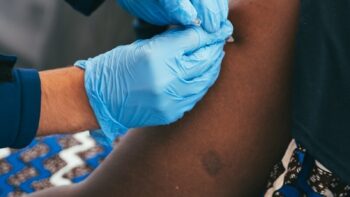
Browse our library of news, stories, videos, podcasts, and resources.
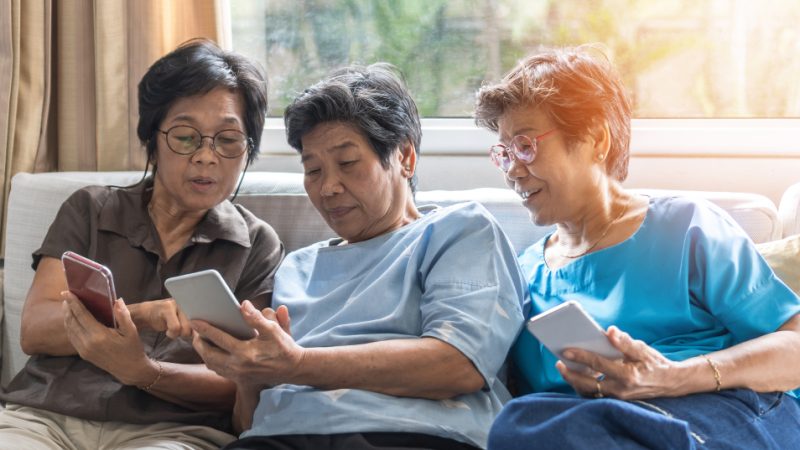

CIDRAP releases interim update on its Vaccine Integrity Project, spotlighting global threats to vaccine confidence and outlining next steps to support equitable immunization efforts worldwide.

The first thing to do if someone expresses uncertainty about vaccines to you, say researchers, is not to judge or dismiss them. A lot of people have genuine and legitimate questions and “you’re going to lose them if you immediately jump back and say ‘that’s silly’ or ‘that’s not the fact’”, Larson says.

A new 70-country survey by The Global Listening Project, the VCP’s sister initiative, reveals that while people are demanding better healthcare and more information, trust in vaccines and institutions has declined in 9 out of 10 countries. Professor Heidi Larson speaks to Vaccines Today about the legacy of the COVID-19 pandemic on vaccine uptake.
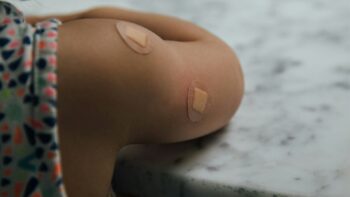
“A lot of people had no clue how toxic the [vaccine misinformation] environment was,” says Heidi Larson, who studies vaccine hesitancy at the London School of Hygiene & Tropical Medicine. “People who were taking vaccines for granted got exposed [to misinformation], and now there’s no turning back.”

Join us for the LSHTM Vaccine Centre’s Annual Lecture with Professor Stephan Lewandowsky, exploring practical tools to address vaccine hesitancy. Discover the Empathetic Refutational Interview (ERI) — a proven, human-centred approach for building trust and countering misinformation.
19 May 2025 | 17:30 BST | John Snow Lecture Theatre A
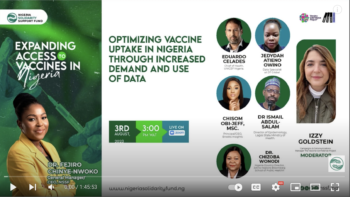
We co-hosted a webinar with the Nigeria Solidarity Support Fund (NSSF) and the Vaccine Data CoLab on “Optimizing Vaccine Uptake in Nigeria through Increased Demand and Use of Data.”
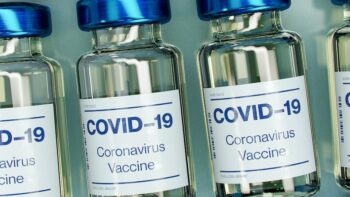
Watch part one of the Global Health Cast’s new series on COVID-19, presented by Prof. Joe Schmitt, Prof. Catherine Weil-Olivier, and the VCP’s very own Dr Emilie Karafillakis.

The workshop featured a series of presentations – including from VCP Founder and Co-Director Prof. Heidi J Larson – on the nature, mechanisms, and differential impacts of misinformation about science.

Ben Plumley, Managing Director of our sister organisation the Global Listening Project, checks in with Professors’ Heidi Larson and Leesa Lin as they share the first top-line results from the Project’s 70-country societal preparedness index

In this interview with the New Book Network, author and Professor Heidi J. Larson discusses the research that informed her book Stuck, and how things have changed since the COVID-19 pandemic.
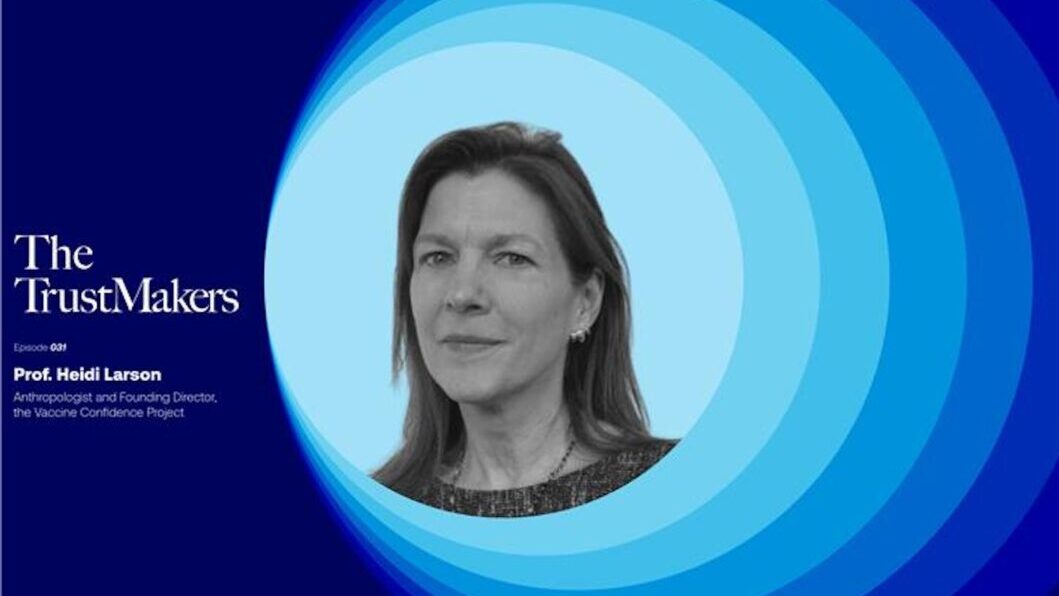
Professor Heidi Larson joins the Edelman Trust Institute’s Justin Blake for the final instalment of our Davos series.

Professor Heidi J. Larson joins Pandemic Planet to discuss how national security threats associated with low confidence in vaccines have changed in the wake of the Covid-19 pandemic.